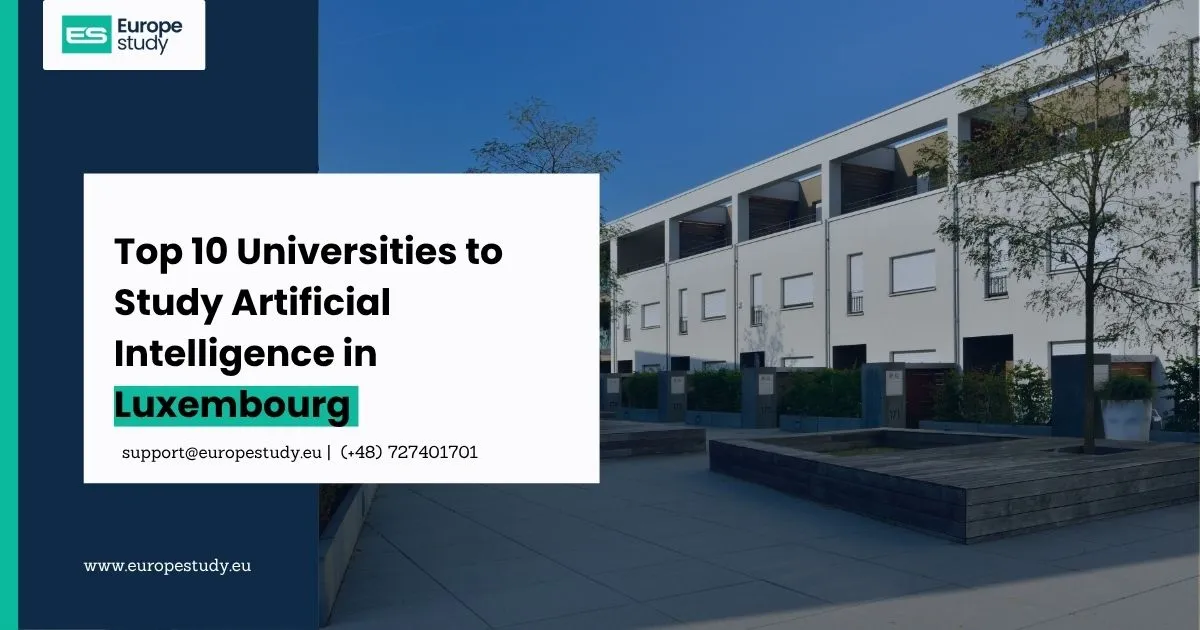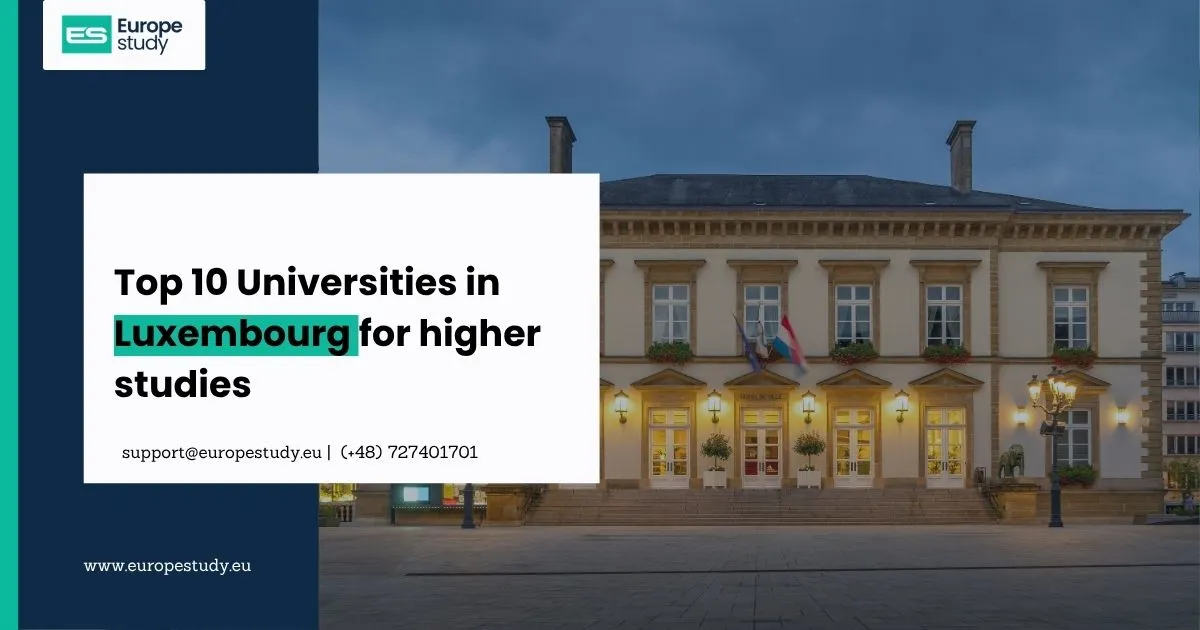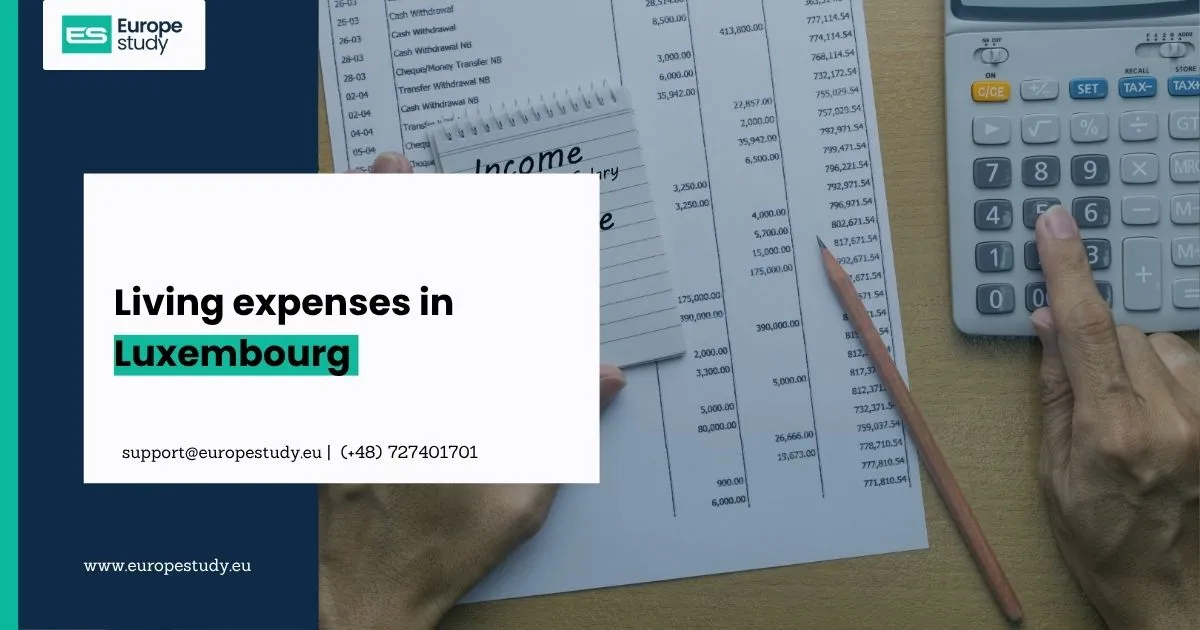
What Are the Post-Study Work Opportunities in Austria?
Austria is not only a fantastic place to study—with its world-class universities, safe environment, and vibrant cities—but it also offers excellent post-study work opportunities for international students. Whether you’re from an EU/EEA country or a non-EU country, Austria has clear pathways to help you transition from student life to a professional career.
In this guide, we’ll break down everything you need to know about post-study work opportunities in Austria.
1. Can International Students Stay in Austria After Graduation?
Yes. Austria allows international students to stay and work after completing their studies. The type of work permit and stay duration depends on your nationality and the type of degree you earned.
2. The "Job-Seeking Visa" (for Non-EU/EEA Students)
If you're a non-EU/EEA student, after finishing your degree at an Austrian university, you can apply for a "Job-Seeking Visa" (also called a residence permit for seeking employment).
Key details:
-
Duration: Up to 12 months
-
Purpose: Allows you to stay in Austria and look for a job related to your field of study
-
Eligible graduates can apply for a Red-White-Red Card (work permit) once they find suitable employment
3. The Red-White-Red Card: Your Gateway to Work in Austria
The Red-White-Red Card is Austria’s special work permit designed to attract skilled workers, including international graduates.
Eligibility for Graduates of Austrian Universities:
-
Must have completed a Bachelor’s, Master’s, or PhD from an Austrian university
-
Must receive a job offer in line with your qualification
-
The job must pay a minimum gross salary (amount updated annually, e.g., approximately €2,800/month in 2025)
Benefits:
-
Two-year residence and work permit
-
You can bring dependents (spouse, children)
-
Eligible for permanent residency after five years
4. What About EU/EEA Students?
If you're from the EU or EEA, you don’t need a work permit to live and work in Austria. You have the same rights as Austrian citizens in terms of job access and residency.
After graduation:
-
You can stay and look for work without needing a visa or permit
-
You're encouraged to register your stay within three months
5. High-Demand Fields in Austria
Austria is actively seeking skilled professionals in several sectors. As a graduate, targeting these fields can boost your chances of employment and visa approval:
-
IT and Software Development
-
Engineering
-
Life Sciences and Health
-
Business and Finance
-
Data Science and Analytics
-
Logistics and Supply Chain
6. Tips to Boost Your Job Search After Graduation
-
Start looking for jobs before graduation by networking with professors and alumni
-
Join internship programs or part-time jobs during your studies
-
Use local job platforms like Karriere.at, StepStone, and AMS
-
Get help from your university’s career services office
-
Make sure your CV is in the EU format and your German skills (if applicable) are strong
7. Permanent Residency Pathway
After staying and working in Austria for five years, you can apply for a “Long-Term Residence – EU” permit, which offers:
-
Permanent residency in Austria
-
Free movement in many EU countries
-
Access to nearly all professions
Final Thoughts
Austria doesn’t just educate you—it invites you to build your future within its borders. With generous post-study work options, structured pathways like the Red-White-Red Card, and a growing need for skilled professionals, it’s one of the most welcoming countries in Europe for international graduates.
If you’re planning to study in Austria, rest assured: your degree is more than just a certificate—it’s your ticket to a promising career in the heart of Europe.





